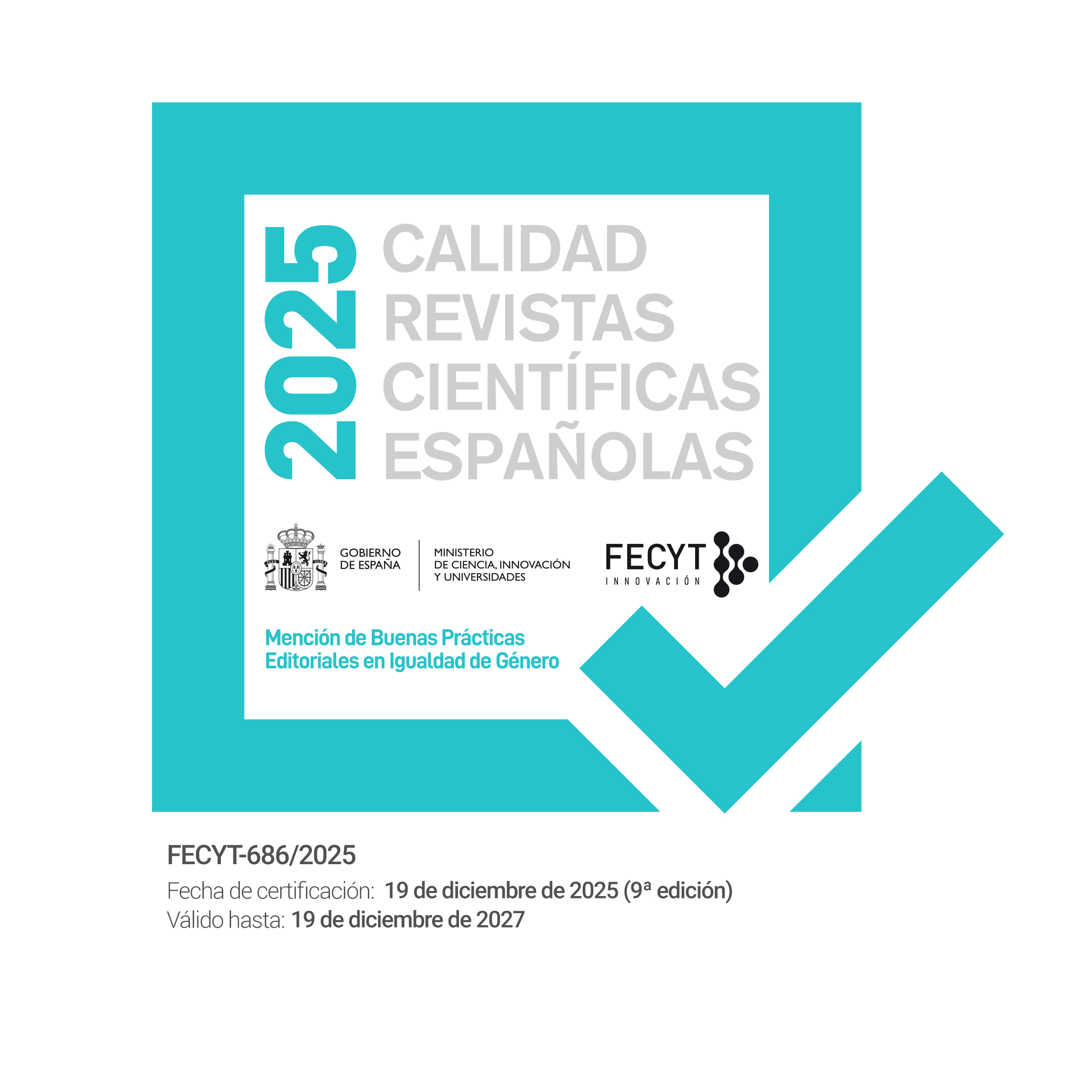Are you what you think? Validation of Cognitive Fusion Questionnaire in Mexican Population.
DOI:
https://doi.org/10.55414/ap.v38i3.819Keywords:
Cognitive Fusion Questionnaire (CFQ), Experiential avoidance, Acceptance and Action Questionnaire - II (AAQ-II), Mindfulness Attention Awareness Scale (MAAS)Abstract
Background: Acceptance and Commitment Therapy is characterized by emphasizing dispassionate detachment from one’s own thoughts. Cognitive Fusion is a state where people react to their thoughts literally, allowing them to take control and determine behavior. The aim of the study was to evaluate the psychometric properties of the Cognitive Fusion Questionnaire (CFQ) in clinical and non-clinical Mexican populations.
Method: 525 subjects were registered in the non-clinical group and 570 in the clinical one; informed consent was obtained from each participant. Experiential avoidance (AAQ) and mindfulness (MAAS) were also evaluated. Results: All the items obtained an excellent discriminative power. The unifactorial model proposed in the original version was corroborated. Cronbach’s alphas considered excellent were obtained. It was not possible to establish test-retest temporal stability, and the difference in the scores of the non-clinical group was significant. Positive correlations were found between CFQ and AAQ scores, and negative correlations were found between CFQ and MAAS. The clinical group obtained higher scores on the CFQ.
Conclusions: The CFQ is a valid and reliable instrument to be used in the Mexican population of a clinical and non-clinical nature.
Downloads
References
Babbie, E. (2000). Índices, escalas y tipologías. En E. Babbie (Ed.), Fundamentos de la investigación social (pp.144-168). Ediciones Paraninfo.
Brown, K.W. y Ryan, R.M. (2003). The Benefits of Being Present: Mindfulness and Its Role in Psychological Well-Being. Journal of Personality and Social Psychology, 84(4), 822-848 [DOI: 10.1037/0022-3514.84.4.822].
Cohen, R.J. y Swerlik, M.E. (2001). Pruebas y evaluación psicológicas. Introducción a las pruebas y a la medición. Nueva York: McGraw-Hill.
Diener, E., Emmons, R.A., Larsen, R.J. y Griffin, S. (1985). The Satisfaction with Life Scale. Journal of Personality Assessment, 49(1), 71-75 [DOI: 10.1207/s15327752jpa4901_13].
Espinosa, F. (2010). La evitación experiencial y su medición por medio del AAQ-II. Enseñanza e Investigación en Psicología, 15 (1), 5-19.
Gillanders, D., Bolderston, H., Bond, F., Dempster, M., Flaxman, P., Campbell, L., Kerr, S., Tansey, L., Noel, P., Ferenbach, C., Masley, S., Roach, L., Lloyd, J., May, L., Clarke, S. y Remington, B. (2014). The Development and Initial Validation of the Cognitive Fusion Questionnaire. Behavior Therapy, 45(1), 83-101 [DOI: 10.1016/j.beth.2013.09.001].
Hayes, S.C., Strosahl, K., Wilson, K.G., Bissen, R.T., Pistorello, J., Toarmino, D., Polusny, M.A., Dykstra, T.A., Batten, S.V., Bergan, J., Stewart, S.H., Zvolensky, M.J., Eifert, G.H., Bond, F.W., Forsyth, J.P., Karekla, M. y McCurry, S.M. (2004). Measuring experiential avoidance: A preliminary test of a working model. The Psychological Record, 54(4), 553-578 [DOI: 10.1007/bf03395492].
Hayes, S.C., Strosahl, K.D. y Wilson, K.G. (2011). Acceptance and Commitment Therapy (2 nd Edition): The process and practice of mindful change. Nueva York: Guilford Press.
Herzberg, K.N., Sheppard, S.C., Forsyth, J.P., Credé, M., Earleywine, M. y Eifert, G.H. (2012). The Believability of Anxious Feelings and Thoughts Questionnaire (BAFT): A Psychometric Evaluation of Cognitive Fusion in a Nonclinical and Highly Anxious Community Sample. Psychological Assessment, 24(4), 877-891 [DOI: 10.1037/a0027782].
López-Maya, E., Hernández-Pozo, M.R., Méndez-Segundo, L., Gutiérrez-García, J.J., Araujo-Díaz, D., Nuñez-Gascón, A., Cervantes-Sampayo, L.K., Nava-Alcántara, S., Bautista García, L.E. y Hölzel, B.K. (2015). Psychometric properties of the Mexican version of the Mindfulness Attention Awareness Scale (MAAS). Psychologia, 9(1), 13-27 [DOI: 10.21500/19002386.990].
Lovibond, P.F. y Lovibond, S.H. (1995). The structure of negative emotional states: comparison of the Depression Anxiety Stress Scales (DASS) with the Beck Depression and Anxiety Inventories. Behaviour Research and Therapy, 33(3), 335-343 [DOI: 10.1016/0005-7967(94)00075-u].
Nunnally, J.C. y Bernstein, I.H. (1987). Teoría Psicométrica. México: McGraw-Hill.
Romero-Moreno, R., Márquez-González, M., Losada, A., Gillanders, D.T. y Fernández- Fernández, V. (2014). Cognitive fusion in dementia caregiving: psychometric properties of the Spanish version of the Cognitive Fusion Questionnaire. Behavioral Psychology, 22(1), 117-132.
Ruiz, F.J., Odriozola-González, P. y Suárez-Falcón, J.C. (2014). The Spanish version of the Believability of Anxious Feelings and Thoughts Questionnaire. Psicothema, 26(3), 308-313 [DOI: 10.7334/psicothema2013.221].
Ruiz, F.J., Suárez-Falcón, J.C., Riaño-Hernandez, D. y Gillanders, D. (2017). Propiedades psicométricas del Cuestionario de Fusión Cognitiva en Colombia. Revista Latinoamericana de Psicología, 49(1), 80-87 [DOI: 10.1016/j.rlp.2016-09-006].
Sim, S.M. y Rasiah, R.I. (2006). Relationship between item difficulty and discrimination indices in true/false-type
multiple choice questions of a para-clinical multidisciplinary paper. Annals of the Academy of Medicine Singapore, 35(2), 67-71.
Wilson, K.G. y Luciano, M.C. (2002). Terapia de Aceptación y Compromiso (ACT). Un tratamiento conductual orientado a los valores. Madrid: Pirámide.
Downloads
Published
Issue
Section
License
Copyright (c) 2021 APUNTES DE PSICOLOGÍA

This work is licensed under a Creative Commons Attribution-NonCommercial-NoDerivatives 4.0 International License.



























